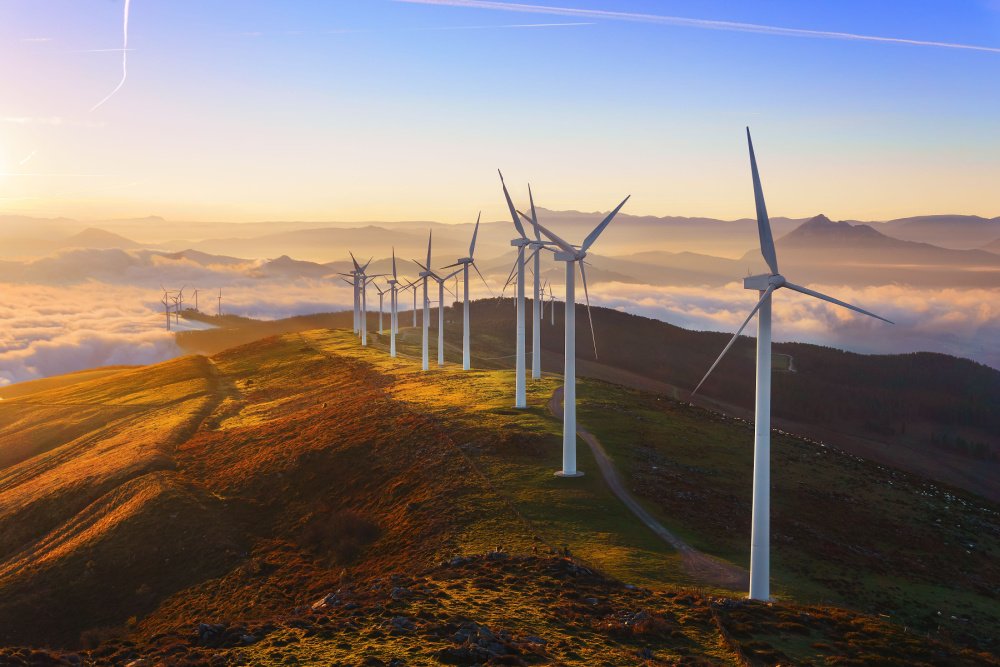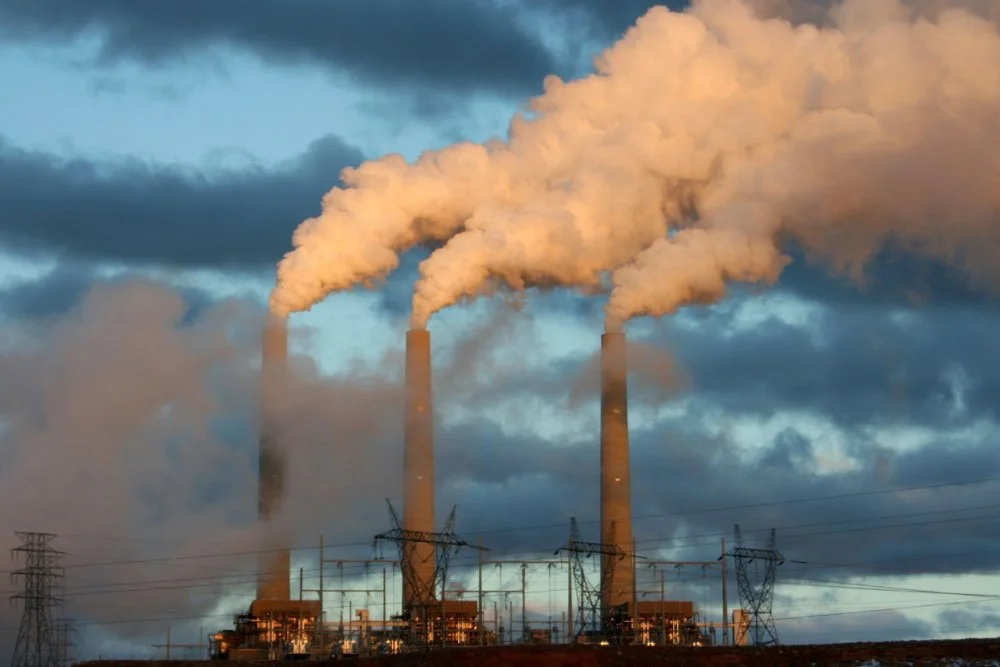Sorry, Bill Gates, But Billions for Energy Research Is Not How to Win the Climate Battle
/Bill Gates has rounded up a squad of billionaires to save the day when it comes to climate change, using their investment wisdom and bank accounts to further energy tech. Too bad they aren’t putting their money where it would really help — advancing policy and grassroots efforts.
Not long ago, we issued a challenge to a set of mega-donors to pour billions of their collective wealth into the problem of climate change. Now, it seems that Bill Gates, one of our biggest targets, has rallied 28 investors behind a two-pronged plan to devote a pool of private funding to clean energy breakthroughs, and to convince governments to do the same.
Related:
- A Pitch to Billionaire Climate Donors: You Made the Pledge; Let’s Get To It
- Dear Climate Funders: The Clock is Ticking. Use Your Endowments
I’m not quite self-aggrandizing enough to think Gates read our post and decided to start such a coalition, but this is great news, right?
Yes and no. While Gates deserves praise for moving money on the issue, banking on a tech breakthrough to save us is not where we really need the world’s billionaires to focus at this exact moment.
Gates does make a compelling case that investment in clean energy technology is needed. His strongest argument calls for proportionally more public investment, but also for private investors to be patient enough for energy tech to become marketable. Both are important.
The problem is, an Apollo-style push for what Gates has called “Energy Miracles” is not only a misguided strategy for mitigating climate change, it could also distract funders with the enticing idea that invention is going to rescue us from this problem. We really need to move the needle on climate change with widespread grunt work, like binding regulations, grassroots movement building, distributed funds that empower affected communities, and — as a consequence of all this work — policy changes that incentivize the massive deployment of existing technology, and sooner rather than later.
The best way I can think to illustrate this is by recalling the 2014 Onion article: "Scientists Politely Remind World That Clean Energy Technology Ready To Go Whenever."
Now, picture a scenario in which a group of tech and hedge fund guys swoop in and say, “Thanks, but what we really need right now is more clean energy technology. No, not this old junk. We’ll hold out for the good stuff.“
There are a few reasons why this moonshot approach is the wrong one. First of all, game-changing breakthroughs in energy come along like, almost never. As frequent Gates critic Joe Romm has repeatedly pointed out, such next-gen advances are rare, and even if you discover them, it would still take decades to bring to market at a large scale.
Further, we have viable solutions at our disposal that are market-ready, or at least closer to being market-ready than the subjects of newly funded research. A study by the National Renewable Energy Laboratory found that commercially available technologies are more than adequate to supply 80 percent of total electricity generation in the United States. Analysis by Mark Z. Jacobson of Stanford projected out a state-by-state plan by which the U.S. could convert to 100 percent clean energy by 2050. Costs of existing renewables have been falling rapidly and will continue to be more competitive with fossil fuels in coming years.
Gates has never given existing energy solutions due credit, and has brushed them aside—he called rooftop solar “cute”—while insisting they are not viable widespread solutions, instead holding out for new inventions.
The greater challenge we face is deployment of technology. Private wealth and influence could have a tremendous impact on accelerating that, especially as developing countries are weighing their options for their future energy mix.
But where I think this coalition is really misguided, and what I think has people working on the ground to fight climate change placing their foreheads on their desks, is that it overlooks the policy and the public will required to make the real global shift that we need, regardless of what tech is available.
Consider that at about the same time as the Gates coalition was unveiled, and President Obama was in Paris pledging to have the United States lead in achieving global GHG reductions, Congress voted to kill our own emission reductions efforts (headed to veto). The reasons? Climate change is made up, and/or we don’t want to hurt industry. And, as a Republican from Wyoming pointed out, the American people list climate as a “very, very low priority,” a disingenuous exaggeration that nevertheless has some truth behind it.
Unless the technology breakthrough Gates is talking about involves mind control, there are bigger problems preventing progress than insufficient investment in tech companies.
Not only that, but by tackling the larger issues of policy and movement building, the market shifts and public investment that Gates is trying to muster would follow at a much larger scale than a coalition of energy and hedge fund billionaires can create.
Emissions regulations that can survive politics, or attaching a true price to carbon use, would move markets and industry members toward research and deployment of clean energy across the board. This has been demonstrated in other countries passing carbon pricing and renewable energy standards, and even our own more progressive states like California.
The other thing the Gates approach is missing is that it’s looking for a centralized fix for the problem, instead of the distributed, community-driven shift that’s required. This is a similar to a complaint about his education philanthropy (as well as Zuckerberg’s first failed foray), which presumed that smart people at the top can swoop in and fix a problem, like debugging software.
When we recently asked a bunch of executives at environmental nonprofits where they thought philanthropy was needed in climate change work, many of them pointed out that this is, as much as anything, an issue for the local and state levels. Especially as emissions reduction rules kick in, the way states and communities re-envision their electricity mix, smart grids, transportation planning, and building efficiency will shape a carbon-neutral future more than any tech breakthrough.
The people who will guide those decisions are not guys who once figured out an investment algorithm. Not even environmentalists or policy makers. It’s the populations who stand to gain or suffer either way. A better use of wealth would be distributing it to support those communities and engage diverse groups that can shepherd that future into reality.
So what’s my axe to grind about tech innovation? None at all, believe me. It’s a much-needed part of the climate solution, and we’re not talking about a zero sum game. But Bill Gates has incredible influence in the fields he addresses. This is clear in the fact that he was able to get nearly 30 of the wealthiest people in the world to join this coalition in just a few months. We can’t let his orchestrated effort to channel wealth into innovation distract from climate philanthropy and more important work that’s sorely needed in these other arenas.
That work is harder and messier than investing in R&D projects, but it’s the all-hands-on-deck effort we need.





































